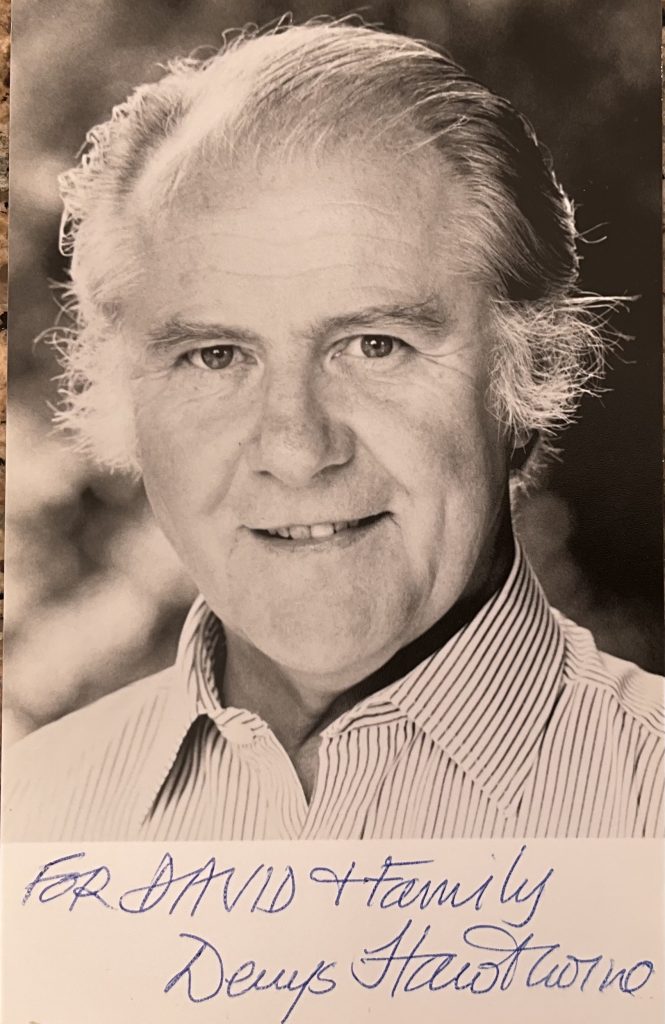
Denys Hawthorne was born in Portadown, County Armagh in 1932; his father had a linen business. He studied law at Queen’s University Belfast, and afterwards joined the Ulster Group Theatre; other actors in the company included Patrick Magee, James Ellis, Stephen Boyd and Colin Blakely. The company produced modern classics, and plays by new Irish writers including Joseph Tomelty and Brian Friel.
He moved to London. He was a success as the Old Man in The Chairs by Eugène Ionesco, at the Royal Court Theatre (1957), and also in 1960 playing Stephen Dedalus in Bloomsday, a dramatization of James Joyce’s Ulysses, at the Unity Theatre. He joined the BBC radio drama repertory company, where during his career he was much in demand. He read poetry on the radio, particularly of Louis MacNeice‘s poetry after his death in 1963. In 1972 he became producer of BBC Northern Ireland radio drama, holding the position for 18 months.
On TV, Hawthorne appeared in Dr. Finlay’s Casebook and 46 episodes of the series Within These Walls (1974–1978). He appeared as Mr Starling, the first-ever headteacher, in Grange Hill (1978), the Doctor Who adventure Terror of the Vervoids (1986), in Capital City (1989–1990), in the BBC drama Dangerfield (1995) and in the Father Ted episode Tentacles of Doom (1996).
In 1981 he appeared in Chekhov’s The Seagull at the Dublin Theatre Festival, and in that year he toured with the Irish Theatre Company’s production of The Scythe and the Sunset by Denis Johnston. He was with the Royal Shakespeare Company at the Barbican Centre in 1992 and 1993, appearing in Romeo and Juliet and as King Duncan in Macbeth.
He appeared in the film The Russia House (1990) and in the film In the Name of the Father (1993). He played Mr Woodhouse in the film Emma (1996).
Among several official recognitions, Denys Hawthorne was awarded a Society of Authors‘ prize for his dramatization of Jennifer Johnston’s novel How Many Miles to Babylon?[1]
In 1970 he married Rita Christina, becoming stepfather to her three children. His career ended after suffering a stroke which affected his memory. He died at his home in Hove, East Sussex in 2009, and was survived by his wife and stepchildren
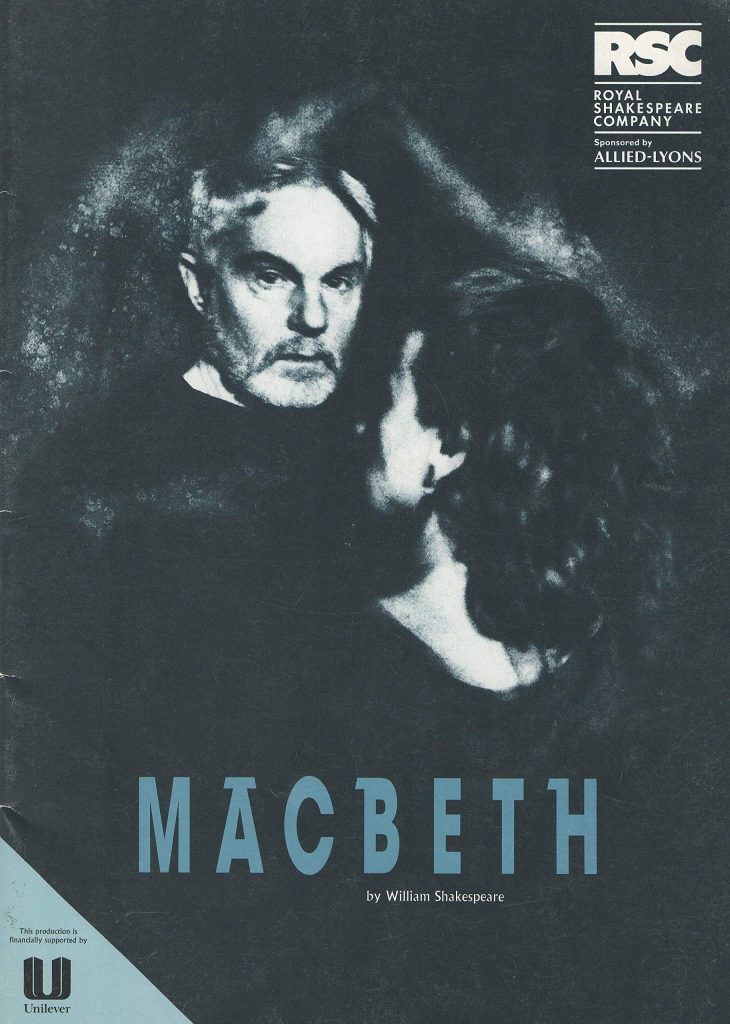

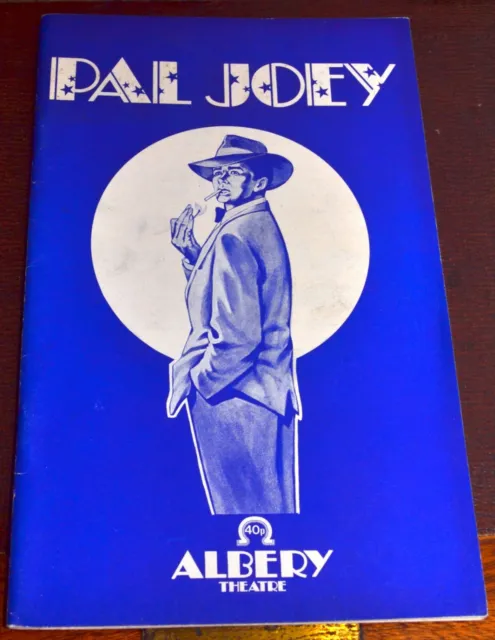

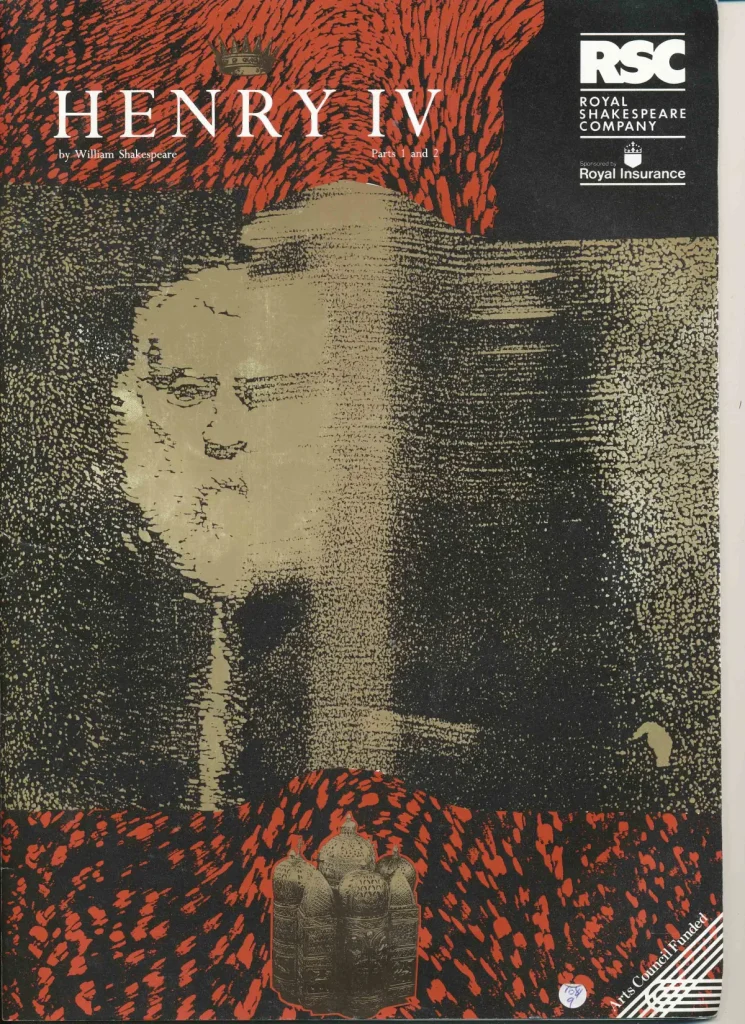
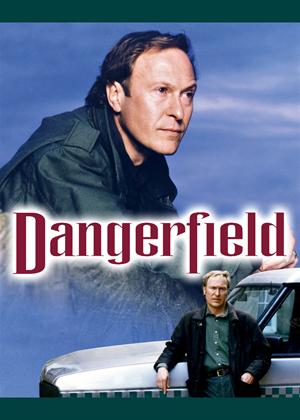

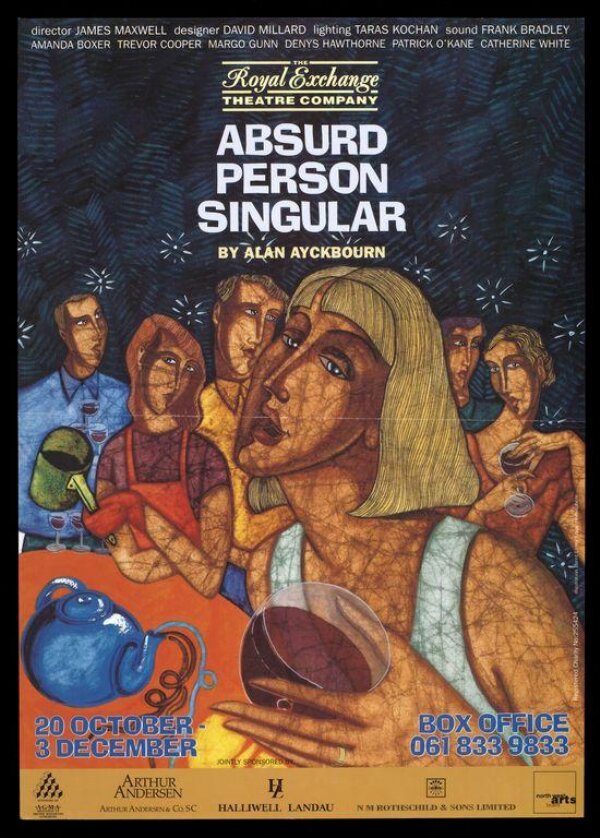

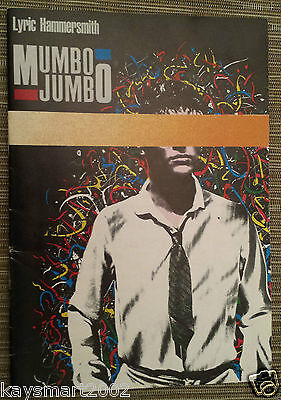
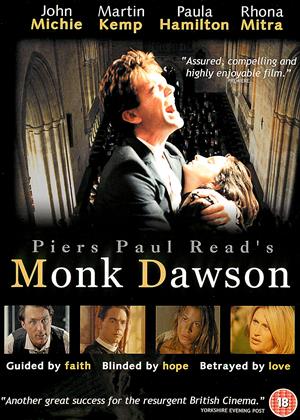
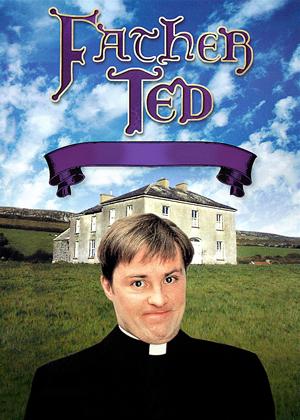
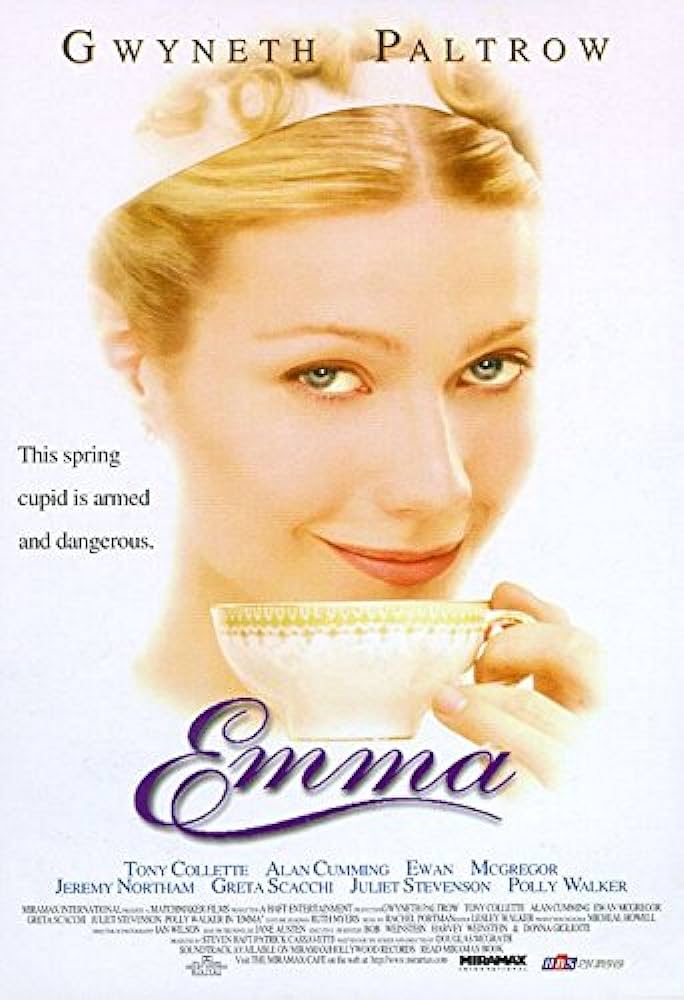
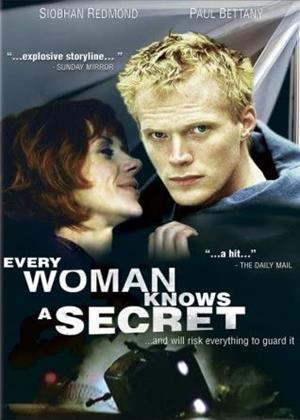
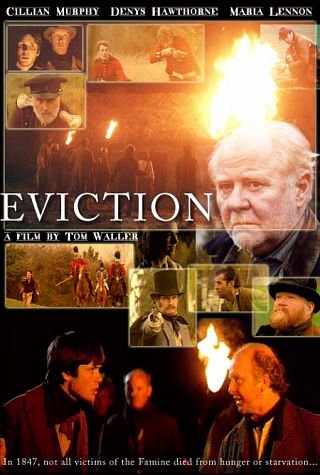
The Telegraph obituary in 2009:
Character actor in demand on stage, film, television and radio
Denys Hawthorne, who has died aged 77, became an actor almost in spite of himself. By nature a reticent, rather shy man, he blossomed on stage, film, television and radio in a variety of roles, from characters in several different productions of Waiting for Godot to appearances in the films The Russia House (1990) and In the Name of the Father (1993). One of his last film appearances was as Mr Woodhouse opposite Gwyneth Paltrow in the acclaimed 1996 movie of Jane Austen’s Emma.
An Ulsterman by birth, Hawthorne had little time for the sectarianism that divided his country and he embraced the whole of Ireland as his cultural home. Consequently, he became an authoritative performer of the work of WB Yeats and Samuel Beckett, as well as his fellow Ulsterman Frank McGuinness.
He was born into a well-to-do Protestant family. Hawthorne’s father was in the linen business in Portadown, County Armagh, and hoped his son would follow him into the family business. Encouraged by his more artistically inclined mother, Denys read law at Queen’s University, Belfast, and then settled on a career in the theatre.
He joined the Ulster Group Theatre (UGT), which nurtured the talents of actors including Patrick Magee, Jimmy Ellis, Stephen Boyd and Colin Blakely, as well as new Irish writers such as Joseph Tomelty and Brian Friel, whose plays were presented alongside modern classics by Ibsen, Chekhov, Shaw and Rattigan. At the end of the 1950s, the UGT board pulled a controversial play, Over the Bridge, which dealt with a group of trade union officials challenged by an outbreak of sectarianism in the Belfast shipyards, and issued the statement: “It is the policy of the directors of the Ulster Group Theatre to keep political and religious controversies off our stage.” Hawthorne was among those who resigned.
He came to England and found a natural home in the BBC radio drama repertory, where he was part of the “Ulster mafia” in the 1960s that included Eric Ewens and Louis MacNeice. He was also a regular player at George Devine’s Royal Court in Sloane Square, in London, where he distinguished himself in the theatre of the absurd of Eugène Ionesco, playing the Old Man in The Chairs (1957).
The playwright Harold Pinter was a fan and once remarked: “Ah yes, the beautiful Denys Hawthorne of the beautiful voice.” This “beautiful voice” made him an ideal radio actor and he was much in demand by BBC radio drama throughout his career, notably appearing opposite Magee in Beckett’s Cascando in 1964 and in Ramón del Valle-Inclán’s Divine Words with Gerald McSorley and Sorcha Cusack in 1998.
Between 1974 and 1978 he appeared in 46 episodes of the women’s prison soap Within These Walls, as prison physician Dr Peter Mayes, and his extensive appearances in Dr Who in the 1986 Colin Baker episodes entitled Trial of a Time Lord, as well as in the banking series Capital City (1989-90) and the BBC drama Dangerfield (1995), served to make him a well-known face, if not a name, to the television audience.
Hawthorne had no interest in politics; the closest he got to making a political statement was a play he wrote for schools in 1978 entitled Down the Years, which exposed prejudice in the Ulster community in its story of a young married couple who move away from the Protestant environment of their childhood and refuse to let their benign and ageing father move in with them for fear of “contaminating” their newborn child with his old-school views. One of his most rewarding theatrical achievements was playing Stephen Dedalus in Bloomsday, a dramatisation of James Joyce’s Ulysses at the Unity Theatre in London in 1960.
Among his several official recognitions, he was awarded the Society of Authors’ prize for his dramatisation of Jennifer Johnston’s novel How Many Miles to Babylon, and he was a joint recipient in 2002 of an SWPA (Spoken Word Publishers Association) award for his contribution to the recording of Yeats’s poetry for Naxos audiobooks.
Extraordinarily well-read, his greatest joy was to be among friends – actors, writers and poets – and he endeared himself to his fellow actors in particular through a combination of generosity, support and bonhomie. He was a great letter writer, and his correspondence was wise and witty.
In 1960 he met Rita Christina, whom he married in 1970, becoming stepfather to her three children, Desmond, Sean and Aine, all of whom survive him. In his last years, a stroke affected his memory, which brought his acting career to a standstill, although it had the unforeseen effect of allowing him to express his feelings towards his family and friends much more openly.
Denys Vernon Hawthorne, actor, born 9 August 1932; died 16 October 2009
Dictionary of irish biography
Hawthorne, Denys Vernon (1932–2009), actor, was born 9 August 1932 in Portadown, Co. Armagh, the only child of (Robert) Victor Hawthorne, who owned a factory making handkerchiefs, and his wife Anne (née Cooke). He attended Portadown College, where several of the teachers, especially the French teacher, Eric Anderson, helped the pupils to put on plays. In one notable school production, Denys shared the limelight with ‘Sandy’ Walker (the future film critic Alexander Walker (qv)) and James Mehaffey, later Church of Ireland bishop of Derry and Raphoe. He was also an enthusiastic member of Portadown Drama Circle, founded in 1947. Though probably disappointed that their son did not join the family business, his parents encouraged his interests; his father was president of the Portadown Drama Festival and sponsored a cup for a drama category in the festival, still awarded in 2015. Hawthorne went to QUB to study law, but probably not seriously intending to follow a legal career; in December 1952, still a student, he appeared in a play in the Ulster Group Theatre.
The Group Theatre was an important focus of cultural life in Northern Ireland at the time, fostering new writing and training a generation of young actors, actresses and directors. James Ellis(qv), Colin Blakely (qv), Patrick Magee (1922–82) and Stephen Boyd(qv) were among Hawthorne’s contemporaries. During his time with the Group, Hawthorne received excellent reviews in plays such as ‘All souls’ night’, by Joseph Tomelty (qv). However, in 1958 Hawthorne had a leading role in ‘The bonefire’, by Gerard McLarnon (1915–97). This somewhat violent drama, one of the first Ulster plays to explore and condemn sectarianism, was denied government funding when the director, Tyrone Guthrie(qv), refused to make changes to the production. It was then withdrawn by the Group Theatre management, fearful of damaging their relationship with the Stormont government and their main audience, the Belfast unionist middle class. The play had to transfer to the Grand Opera House, where the unprecedentedly large audiences, totalling over 42,000 people, presumably including at least some of the unionist population, ensured its commercial success. Hawthorne and his colleagues had opposed what was effectively state censorship, and afterwards he felt he was distrusted by the increasingly conservative management of the Group Theatre.
Like Louis MacNeice (qv), W. R. Rodgers (qv), and other Ulstermen, including Ronald Mason (1926–97) and Eric Ewens (1917–99), Hawthorne found congenial employment in the BBC’s radio drama department in London, where throughout a long career from 1960 his beautiful speaking voice was utilised in dozens of broadcast drama productions, as well as poetry readings. His experience in Belfast, his unremarkable but gentlemanly appearance, and his contacts in the theatre ensured that Hawthorne became a familiar figure in English repertory theatres in the 1960s. His first television appearance was in another controversial Ulster play, ‘Cemented with love’, by Sam Thompson (qv), broadcast in May 1965.
From 1972 to 1974 he was producer of BBC Northern Ireland radio drama, based in Belfast. He returned to London and played a prison doctor in a television series, the soap opera Within these walls (1974–8). Theatre performances at the Edinburgh Festival, in the London area, at the Abbey and Peacock theatres in Dublin, and in Belfast’s Lyric Theatre continued through the 1980s, and he appeared with success in Royal Shakespeare Company productions at the Barbican theatre, London (1991–3). On British television, Hawthorne appeared in scores of programmes, mini-series and television dramas, including It ain’t half hot mum (1978), a number of appearances in Doctor Who (1986), Inspector Morse(1990), Dangerfield (1995), and the children’s series Grange Hill(1978). Hawthorne contributed the role of Mr Yearling to RTÉ’s celebrated 1980 production of Strumpet city, adapted by Hugh Leonard (qv) from the novel by James Plunkett (qv). He also appeared in Anne Devlin’s The long march (1984), in Glenroe(1985), as an IRA man in the mini-series Crossfire (1988), and, perhaps even more notably for Irish audiences, as Bishop Facks in the ‘Tentacles of doom’ episode (1996) of Father Ted.
Hawthorne also acted successfully in films, after a bad start with roles in two critically slammed soft-porn films, The wife swappers(1970) and Suburban wives (1971), an unfortunate and unusual misstep for Hawthorne. He appeared in Jim Sheridan’s In the name of the father (1993) and was a memorable Mr Woodhouse in Emma (1996). Politics held little interest for him, and he had no time at all for the bigotry and sectarianism that marred his native region, but did retain a fondness for people and places, and especially for Irish literature and plays. He provided voiceovers for Northern Ireland tourism films and Ulster documentaries, and was a noted interpreter of the poetry of MacNeice and W. B. Yeats (qv). He produced and acted in a programme on Co. Down-born Patrick Brontë (qv), won the Society of Authors award for his dramatisation of Jennifer Johnston’s novel How many miles to Babylon?, and was nominated for a Sony best actor award in 1984.
In his 70s, Hawthorne suffered a severe stroke, which affected his memory and brought his acting career to an end, after fifty years. In the summer of 1970 in London, he had married Rita Christina Biddulph, who had three children from a previous marriage; they survived him when he died in Hove, Sussex, on 16 October 2009.
Guardian, 1 Nov. 2009; Ir. Times, passim, esp. 7 Nov. 2009; Ir. Independent, passim; Lionel Pilkington, Theatre and the state in twentieth-century Ireland (2001), 177; Christopher Morash, A history of Irish theatre 1601–2000 (2002), 220; Bertie Martin, ‘The drama circle that reflected the cultural life of the town’, Portadown Times, 21 Nov. 2012, www.portadowntimes.co.uk; information (Apr. 2015) provided by Jim Lyttle, compiler of www.portadownphotos.co.uk; www.ulsteractors.com; Internet Movie Database, www.imdb.com; Playography Ireland, www.irishplayography.com; familysearch.org (internet sources accessed Apr. 2015

